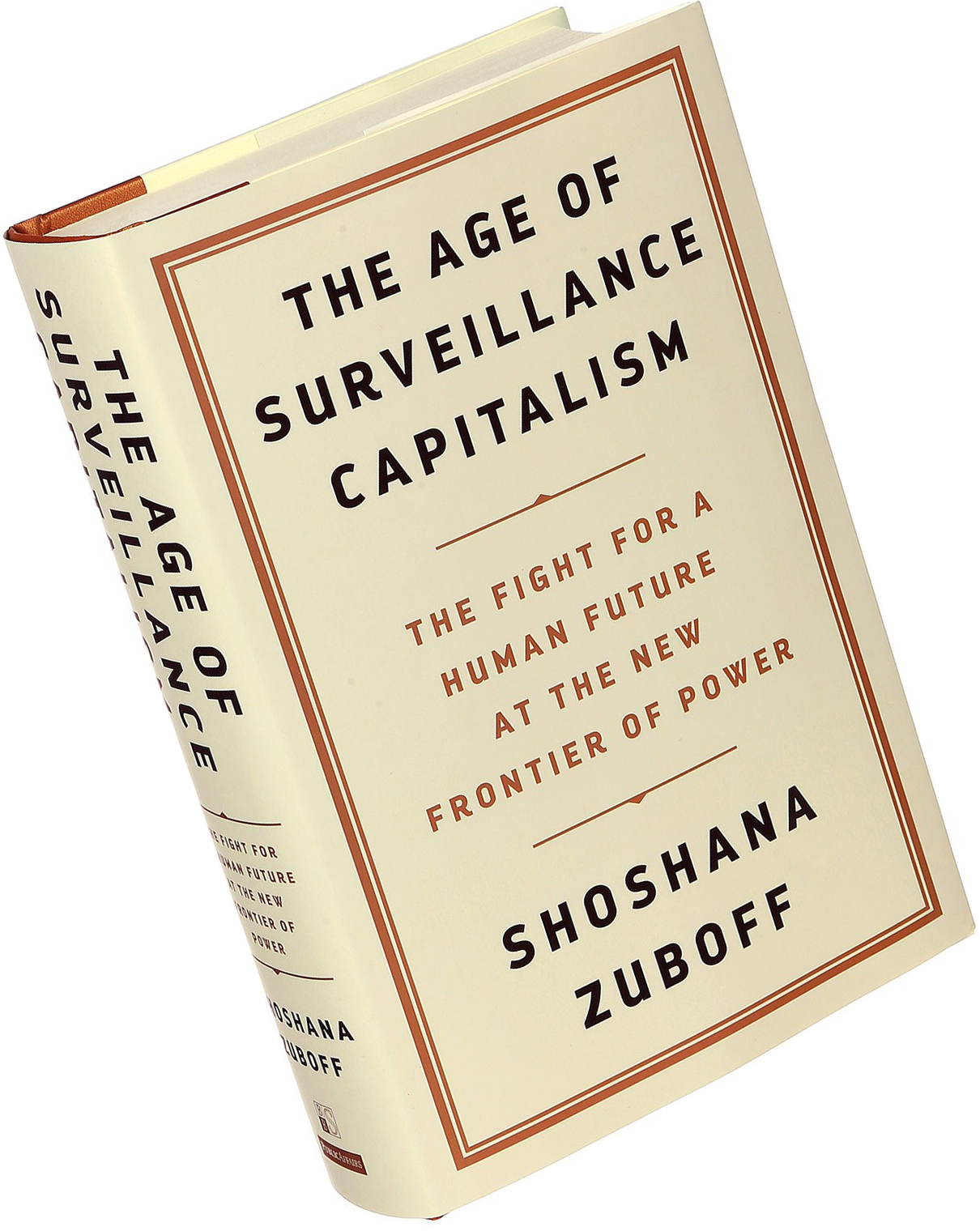https://www.youtube.com/watch?v=bWkwOefBPZY
Some of the basic outline of this looks like OER (Open Educational Resources) and its "five Rs": Retain, Reuse, Revise, Remix and/or Redistribute content. (To which I've already suggested the sixth: Request update (or revision control).
Some of this is similar to:
The Read Write Web is no longer sufficient. I want the Read Fork Write Merge Web. #osb11 lunch table. #diso #indieweb [Tantek Çelik](http://tantek.com/2011/174/t1/read-fork-write-merge-web-osb110
Idea of collections of learning as collections or "playlists" or "readlists". Similar to the old tool Readlist which bundled articles into books relatively easily. See also: https://boffosocko.com/2022/03/26/indieweb-readlists-tools-and-brainstorming/
Use of Wiki version histories
Some of this has the form of a Wiki but with smaller nuggets of information (sort of like Tiddlywiki perhaps, which also allows for creating custom orderings of things which had specific URLs for displaying and sharing them.) The Zettelkasten idea has some of this embedded into it. Shared zettelkasten could be an interesting thing.
Data is the new soil. A way to reframe "data is the new oil" but as a part of the commons. This fits well into the gardens and streams metaphor.
Jerry, have you seen Matt Ridley's work on Ideas Have Sex? https://www.ted.com/talks/matt_ridley_when_ideas_have_sex Of course you have: https://app.thebrain.com/brains/3d80058c-14d8-5361-0b61-a061f89baf87/thoughts/3e2c5c75-fc49-0688-f455-6de58e4487f1/attachments/8aab91d4-5fc8-93fe-7850-d6fa828c10a9
I've heard Jerry mention the idea of "crystallization of knowledge" before. How can we concretely link this version with Cesar Hidalgo's work, esp. Why Information Grows.
Cross reference Jerry's Brain: https://app.thebrain.com/brains/3d80058c-14d8-5361-0b61-a061f89baf87/thoughts/4bfe6526-9884-4b6d-9548-23659da7811e/notes



